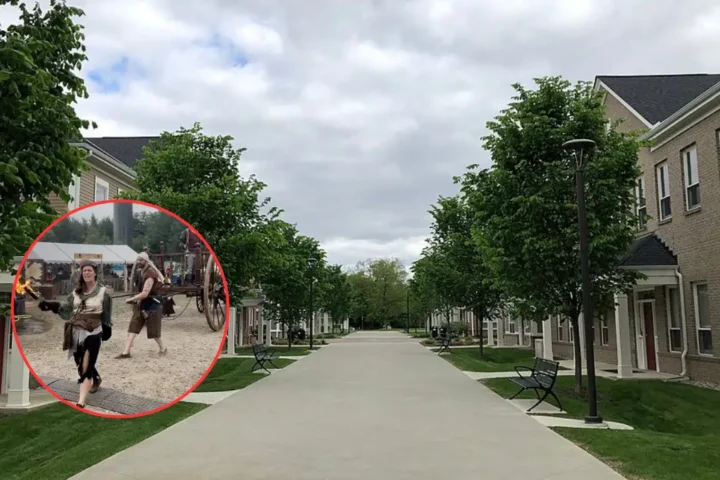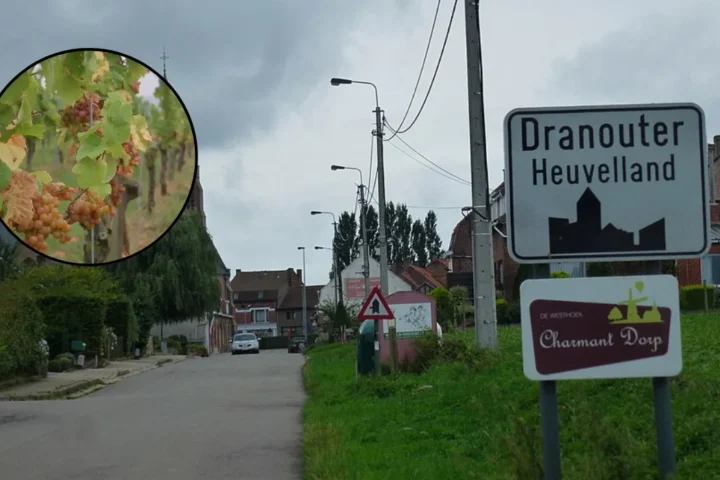Ypres (24brussels) –The Boudry family in Ypres has commenced large-scale outdoor hydroponic leek farming, following a decade of research with Inagro. Researcher Tim de Cuypere underscores the benefits of faster growth, increased yields, cleaner produce, and automated systems.
This spring, the Boudry family farm has initiated the first extensive outdoor hydroponic leek production, marking a significant milestone after 10 years of rigorous research and trials. Over this period, the farm’s team and specialists examined nutrient solutions, water management, and optimal growing conditions to refine their methodology.
Hydroponics, which enables plants to grow without soil, involves the direct delivery of nutrients and water to the roots in a controlled manner. Tim de Cuypere, a researcher at Inagro, highlighted that this technique allows complete control over both water and nutrient supply.
“The leeks grow in tubes on floats that float on the water,”
De Cuypere details the setup.
“That water circulates constantly. Weeds and soil-borne diseases have a chance to develop because the leeks grow so close together. Cultivation is also completely weather-dependent. For example, machinery no longer needs to be driven through the muddy fields before harvesting.”
What is happening with hydroponic leek farming at Ypres’ Boudry farm?
Despite some critics arguing that hydroponic vegetables lack flavor, De Cuypere contends otherwise. He asserts that these leeks are of high quality and taste. Taste panels have confirmed that their flavor is comparable to traditional leeks, which also feature elongated white stalks.
Farmer Bart Boudry emphasizes the numerous advantages of hydroponic leek farming. He explains that the yield per square meter is significantly greater than that of conventional soil farming, especially important given his farm’s location in a hilly area where erosion is a critical concern.
Boudry anticipates that harvesting and sorting processes will soon become fully automated. The leeks produced are devoid of contaminants and managed by a system that employs sensors and computers. He acknowledges, however, that the system requires regular monitoring and occasional checks of nutrient levels.
Importantly, Boudry clarifies that hydroponic leeks will not supplant traditionally grown leeks. He maintains that soil-grown leeks will persist, framing hydroponics as a complement rather than a replacement for traditional agriculture.
This advanced system promises faster growth, higher yields, and cleaner produce, while mitigating risks like soil erosion. Farmers gain from the benefits of automation and computer management, yet they continue to oversee essential measurements.
Between 2015 and 2021, Inagro collaborated with REO Auction on experiments utilizing hydroponics with the outdoor Deep Float Technique. The trials demonstrated that the system could enhance automation, lower environmental impacts, and yield more leeks per square meter compared to traditional farming methods.
On June 18, 2024, the Boudry family delivered their inaugural batch of leeks on floating carriers to the REO Auction. The leeks were of exceptional quality, featuring long, white stalks. Both REO Auction and Inagro are looking to expand this innovative farming technique.










